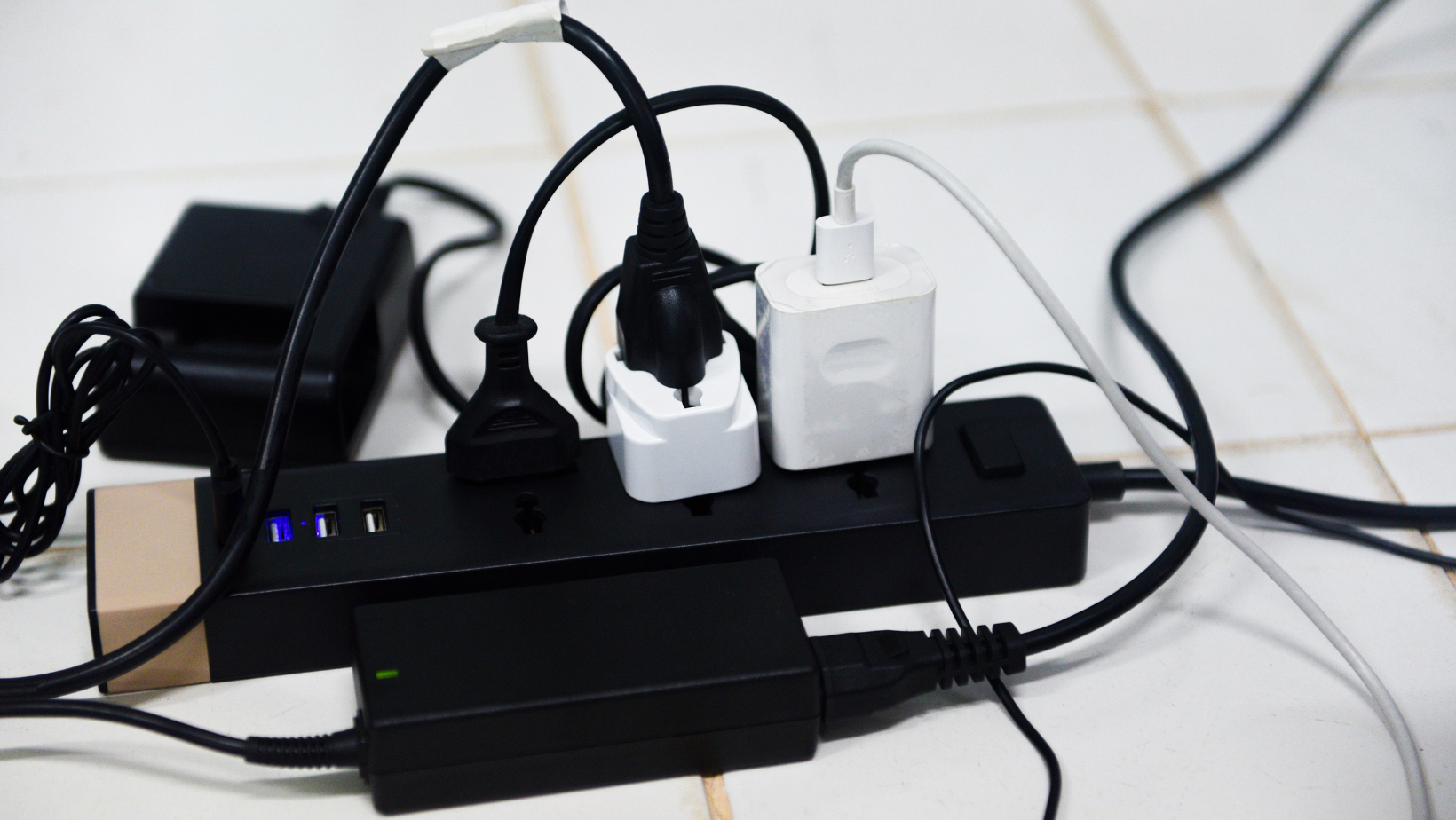Gone are the days when most Minnesota workers clocked into an office from 9 to 5.
Now, 12.7% of full-time employees have embraced the comfort of their homes as their primary work location. Similarly, 28.2% of remote employees work within hybrid business models between the office and home.
And with forecasts suggesting that by 2025, around 22% of the workforce will work remotely from home full-time, it’s clear that this is not just a temporary trend but a shift towards a new normal.
With such a transformation in how we work, it begs the question: What happens to your worker’s compensation coverage if you experience a work-related injury or illness while at home? Do Minnesota workers’ compensation state laws apply to the modern remote worker?
For anyone navigating this new world of remote work, understanding your rights to workers’ compensation ensures your well-being in the modern workplace.
Background on Minnesota Worker’s Compensation
In Minnesota, as is the case in many states, the basic requirements of workers’ compensation benefits are set by state law.

These benefits protect workers by ensuring they receive compensation if they’re injured while performing their job duties. Whether employees are working at an employer’s primary place of business or now, increasingly, from home offices, the same principle applies: employees should not have to bear the financial burden of a job-related injury.
So, what’s the short answer to, “Can I claim Minnesota worker’s compensation working from home?
Yes, you can. However, the lines can blur when determining if an injury in an employee’s home was genuinely related to their job.
Remote Workers and the Scope of Employment
The scope of employment delineates the boundaries between what can be considered work-related activities in the course of employment and what falls outside of it.
In a traditional office setting, determining whether an employee was within the scope of employment during an injury is usually less ambiguous.
For example, if an individual was injured while operating a piece of machinery they are responsible for or during a meeting, it would clearly fall within the scope.
On the contrary, the connection becomes more tenuous if that same individual is injured while going out for a personal lunch break.
Remote work is further complicated because the confines of an office are replaced with the multifunctionality of a home where personal and professional activities intertwine, which causes some additional challenges:
- While a work-related injury in the office occurs within the confines of a workplace, an injury in one’s home may or may not be work-related. Tripping over a loose cord in a designated home office might lean towards being within the scope of employment, but what about slipping in the kitchen while grabbing a coffee during a work break?
- What if injuries occur outside typical working hours while performing a job-related task? For instance, would a late-night fall while checking work emails qualify as work-related injuries?
- Was the injured worker engaged in an activity that benefitted the employer? This becomes especially relevant for remote workers who might be juggling multiple tasks at home, some personal and some professional.
The Personal Comfort Doctrine and Remote Workers
Central to many discussions about injuries in the workplace is the “personal comfort doctrine.” This doctrine recognizes that employees occasionally tend to personal needs, like eating, drinking, or taking restroom breaks, during work hours. In traditional workplaces, injuries sustained during such activities often fall within the scope of employment and, thus, are generally compensable.
As highlighted earlier, grabbing a coffee from the kitchen or taking a break to stretch could lead to injuries for remote workers.
According to the personal comfort doctrine, such injuries might still be considered as occurring within the scope of employment, even if they happen at home.
However, specifics vary depending on the exact circumstances of the injury.
Common Injuries Sustained by Remote Workers
Remote work offers flexibility and comfort but also introduces a different set of potential injuries that might be less common in a traditional office environment.
Let’s explore some of the most common injuries remote workers might encounter:
Ergonomic Strains: In a home setting, workers may not always have access to ergonomically designed office furniture. Prolonged working periods on unsupportive chairs or at improperly set desks can lead to back pain, wrist strains, and other musculoskeletal issues.

Tripping and Falling: As mentioned earlier, a home might have hazards like loose cords, scattered toys, or unexpected obstacles. Tripping over these can lead to falls, resulting in sprains, fractures, or other injuries.

Eye Strain: Without the proper lighting or screen protection, staring at a computer screen for extended periods can lead to eye strain, blurred vision, and headaches.

Repetitive Strain Injuries (RSI): Continuous typing or using a mouse without appropriate breaks can cause conditions like carpal tunnel syndrome or tendonitis.

Electrical Shocks: Using multiple electronic devices in a non-professional setup might mean overloaded power strips or improperly grounded outlets, increasing the risk of electrical shocks.

Scenarios Likely Covered Under Workers Compensation Insurance
Here are five scenarios of work-related injuries involving remote employees that are likely to be covered by workers’ compensation insurance:
Slipping on Loose Cords in a Designated Work Area
Many telecommuters require various electronic devices to work remotely. If an employee gets injured while working due to tripping over cords in their designated workspace, the injury likely falls within the scope of employment. The key here is the location: a designated work area. An insurance carrier is more likely to consider the home office a legitimate work environment and would be more inclined to cover such injuries.
Back Strain from Non-Ergonomic Furniture
A small business owner might not provide their employees working remotely with office furniture that meets safety standards. If an employee developed a back issue due to prolonged use of non-ergonomic furniture, and the employer knew of the working conditions, the injury is likely compensable. A safety checklist can help small business owners establish the expected work environment conditions.
Burn During a Coffee Break
On a short break, an employee accidentally spills hot coffee on themselves and gets burned. Given that short breaks are recognized under the personal comfort doctrine, an injury during such intervals can be considered as happening within the bounds of employment.
Eye Strain from Poor Lighting
Many employers, especially those new to managing remote workers, might not provide tips or guidelines on setting up an optimal home workspace. If an employee sues due to eye strain caused by insufficient lighting, which their job requires them to work under, the insurance company or provider could very well consider it a compensable injury.
Tripping Over a Child’s Toy During a Conference Call
While many might consider their home a personal domain, a remote worker’s injury caused by unusual circumstances could still be covered. If an employee, while on a conference call, trips over their child’s toy during designated work hours and gets injured, there’s a case to be made.
Scenarios Likely NOT Covered Under Workers’ Compensation Insurance
While there are many situations where workers’ compensation might cover a remote employee, there are also specific scenarios where an injury or illness might not be eligible for workers’ comp benefits.
Exercise Break in the Living Room
A remote employee takes a mid-day break from their job responsibilities to follow an online exercise routine in their living room. During this, they sprained their ankle. Given that the activity was personal and not directly related to the employee’s specific job duties, the insurance company may view this injury as outside the course of employment and not provide workers’ comp benefits.

Cooking an Elaborate Meal for a Gathering
While preparing for a family gathering in the evening, a remote worker cooks a complex dish during their designated work hours. In the process, they accidentally sustain a burn. Although the cooking took place during the work day, the meal was not for immediate personal sustenance but for a private event later in the day. This diversion from primary work-related or personal comfort tasks, such as a quick lunch, might make the injury fall outside the scope of workers’ compensation coverage.

Weekend Use of Work Computer
A remote worker who uses their work computer for personal online shopping over the weekend and accidentally drops it on their foot. The injury happened outside designated work hours and wasn’t related to conducting work activities, so it likely wouldn’t qualify for a workers’ compensation claim.

Working from an Unauthorized Location
Under a remote work agreement with their small business employer, an employee has specified their home office as their primary workspace. However, they choose to work from a local park one day, where they trip and fall. The injury outside the stipulated remote work environment might not be covered by workers comp insurance.

Renovating the Office
A remote employee accidentally hammers their hand while trying to renovate and improve their office space over the weekend. Though the injury happened in the employee’s office, it wasn’t during work-related activities. As the renovation was a personal choice for remote employees and not under the employer’s directive, the worker’s compensation board might deny the claim.

Both employers and employees should communicate openly about the conditions and challenges of a home office. Regular discussions and a safety checklist can ensure both parties are aligned and aware of their responsibilities.
Final Thoughts on “Can I Claim Minnesota Worker’s Compensation Working From Home?”
While this guide offers insights into potential scenarios, each situation is unique, and the specific circumstances can significantly influence the outcome.
We highly encourage you to contact the knowledgeable and dedicated workers’ comp attorneys at Meuser, Yackley, & Rowland. Our expertise will ensure you clearly understand your rights under worker compensation laws and guide you in making informed decisions about pursuing benefits.








